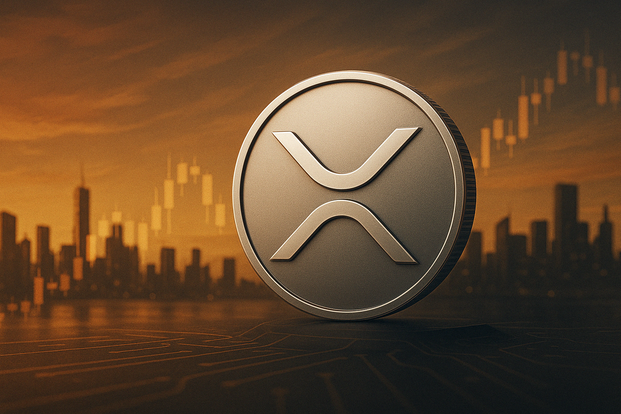
The International Monetary Fund (IMF) has taken a closer look at addressing global payment inefficiencies in its March 2023 report, ‘Fintech Note, Trust Bridges and Money Flows: A Digital Marketplace to Improve Cross-Border Payments.’ Highlighting the challenges of today’s international payment systems, the report points to blockchain technologies and tokens like XRP as potential solutions to enhance the future of global financial infrastructure.
The Current Problem with Cross-Border Payments
According to the IMF, international payments face significant inefficiencies stemming from reliance on trust networks and credit arrangements among banks. These processes often result in high transaction costs, delays, and limited accessibility for developing nations. Furthermore, banking compliance measures and stringent regulatory requirements exacerbate the slow nature of these global transactions.
The current main methods—credit arrangements and pre-funding—come with their own limitations. Credit arrangements, where one bank issues an IOU to another, are both resource-intensive and cumbersome. On the other hand, pre-funding liquidity abroad ties up valuable financial resources, hindering banks’ operational flexibility.
Tokenization as a Promising Solution
The IMF identifies digitization and tokenized assets, including XRP, as innovative ways to address these challenges. Tokenized solutions enable faster, seamless, and cost-effective international money transfers. Unlike traditional arrangements, digital tokens like XRP allow instant ownership transfers via shared ledgers, eliminating the complexities of current methods.
An exciting future outlined in the report proposes the creation of a global digital marketplace where tokenized currencies can be exchanged efficiently across borders. In this model, various tokens and currencies would interact in a streamlined framework, facilitated by market makers to enhance liquidity and improve processes.
XRP’s Role in Global Payments
XRP was highlighted among three possible settlement frameworks that could address global payment issues. Its key attributes—low transaction costs and fast settlement times—make it an attractive option. Ripple’s XRP Ledger, which is specifically built for payments, already demonstrates its potential by facilitating cross-border payments in real-world use cases.
While the IMF did not exclusively endorse XRP, the token’s established payment network positions it as a strong candidate for private settlement assets on a global level, alongside other notable models, such as open-source Stellar and Bitcoin’s Lightning Network.
Implications for the Future
The IMF’s exploration into tokenized solutions signals a growing recognition that blockchain technology holds the power to modernize international finance. By incorporating private settlements through tokens like XRP, the global financial system could experience a transformative leap in efficiency.
If you’re interested in exploring how blockchain technology can influence financial transactions, consider taking a deeper dive into the innovative solutions provided by Ripple and the XRP Ledger. For those keen to invest in the future of decentralized technology, you can explore products like XRP by Ripple to learn more about the network’s mission and real-world applications.





